Dubai has become one of the most sought-after real estate markets in the world in recent years — and in 2025, this trend is stronger than ever. More and more international investors are securing high-quality properties in order to benefit from stable returns, tax-free rental income and consistently high demand.
However, many are wondering whether they have already missed the best time to invest in Dubai. Real estate prices have risen significantly in recent years, and the market has received tremendous attention internationally. But the reality is different: In 2025, new opportunities will arise — driven by sustained influx, growing economic growth and projects that offer significant potential for value creation even before they are completed.
In this article, you will find out an overview of why the market is far from being exhausted, which factors decisively influence the value of a property and how you can invest profitably in real estate in Dubai even now with the right strategy.
Market overview & investment dynamics 2025
The real estate market in Dubai is showing impressive strength and dynamism in 2025. According to official data from the Dubai Land Department, over 75,000 residential units were sold in the first half of the year alone — with a total value of around AED 151 billion. At the same time, more than 700 projects are under construction or planning, while major projects that have already been completed are setting new standards in architecture, equipment and location.
Behind this development is not only an active market, but also significant population growth: Around 100,000 new residents will move to Dubai in 2025 alone. The result is a consistently high demand for modern and high-quality living space — both for private use and for rent.
Current market trends paint a clear picture: The luxury segment in particular is experiencing unwavering demand, particularly for penthouses and villas in the most sought after locations in the city. At the same time, the focus of many investors is increasingly shifting towards long-term leasing, which offers stable income and a lower administrative burden. In the off-plan segment, price increases are continuing, sometimes in the double-digit percentage range, which continues to make this market segment a driver of capital growth. In addition, international buyers are increasingly investing in politically stable real estate markets with clear ownership rights — and Dubai particularly meets these requirements.
Dubai as Plan B — Politically neutral, economically stable
For many international investors, Dubai has long been more than just an attractive real estate location — it has become a strategic plan B. In a world where political tensions are increasing, tax burdens are rising and economic uncertainties persist in numerous countries, the city offers a rare combination of stability, security and economic freedom.
Dubai is considered a politically neutral location and continuously invests in infrastructure, security and quality of life. The reliable legal system, clearly defined property rights and the cosmopolitan attitude towards international investors create an environment in which capital can not only be protected but also secured in the long term.
Another aspect that makes Dubai particularly interesting as a Plan B is the Golden Visa. Starting at a certain investment volume — which includes high-quality real estate purchases — investors and their families receive long-term residence rights that are valid for up to ten years. This not only creates planning security, but also the opportunity to use Dubai as a permanent place of residence or retreat.
Real estate in Dubai is therefore much more than an investment property. It also functions as security — whether as a second home, as a place of retreat in uncertain times or as a central component of a long-term wealth strategy. For many buyers, this means being able to react flexibly to global changes without sacrificing quality of life, security or income opportunities.
Rental yield & increase in value
One of the strongest reasons for investing in Dubai real estate is the attractive returns. According to current market data, the average rental yield in 2025 is around 6.9%, with high-quality apartments in sought-after projects often reaching over 7%. Even in the villa segment, which generates lower income in many markets, the figures are often around 5% — tax-free.
Our experience shows that long-term returns of 8% to 10% — in individual cases even higher — are possible for strategically selected projects, in strong locations and with a reliable property developer. Careful analysis of the project, the situation and the rental market is crucial here.
Off-plan projects are particularly interesting: They not only offer comparatively low entry prices, but also a high potential for value increases even before completion. In a phase in which Dubai is constantly expanding its infrastructure and developing new districts, investors benefit twice: from price increases during construction and stable rental income after handover.
In addition, rental income in Dubai is usually paid in advance in one to two checks per year — a significant liquidity advantage compared to many other real estate markets. In combination with tax conditions, which do not weigh on rental income and capital gains, the net return is significantly higher than in traditional investment locations.
Benefits of off-plan real estate
Off-plan properties — i.e. properties that are still in the construction phase — are among the most exciting investment opportunities in Dubai in 2025. The biggest advantage: a significantly lower entry price compared to properties that have already been completed. Buyers thus secure a price advantage right from the start, which is often reflected in a noticeable increase in value until completion.
Particularly remarkable: According to the Dubai Land Department, off-plan properties currently account for around 60% of all real estate transactions. This huge demand shows how strongly investors rely on the potential of these projects.
In addition, property developers in this segment offer flexible payment plans — such as low down payments and staggered installments spread over the construction period. This reduces capital commitment and makes it possible to use funds specifically for other investments.
Another advantage is the potential for special conditions: Many developers offer attractive upgrades or discounts to early buyers. Since off-plan projects are often located in up-and-coming urban districts, investors benefit not only from the progress of construction itself, but also from the development of the entire environment — a double lever for future increase in value.
However, it is crucial to work exclusively with property developers who deliver demonstrably high construction quality and complete their projects on time.
Tax benefits for investors
Dubai does not levy income tax or capital gains tax on private real estate. Rental income is completely tax-free, as are profits from sales. However, investors from countries such as Germany or Switzerland must check whether these earnings are taxable there.
These tax benefits make Dubai particularly attractive for investors who want to maximize their net return. Compared to major European cities, where tax rates are often between 25% and 45%, the difference is considerable.
Looking beyond Dubai — opportunities in RAK and the other Emirates
Even though Dubai is by far the largest real estate market in the UAE, it's worth keeping an eye on the other Emirates. Ras Al Khaimah (RAK) saw transaction growth of over 100% to AED 15 billion in 2024, driven by tourism projects such as the Wynn Resort and new coastal developments.
Entry prices here are often well below Dubai levels, while rental returns — depending on the location — can reach between 6% and 12%. In exceptional cases, double-digit returns are possible.
Emirates such as Sharjah or Ajman also attract investors who focus on diversification. While Dubai scores points with its international appeal, these locations often offer lower purchase prices with stable demand — a strategic addition for investors who want to broaden their portfolio.
Digital processes & property security
The Dubai Land Department is increasingly using digital proof of ownership and blockchain technologies to make transactions more secure and efficient. Escrow accounts protect buyers' funds during construction, and the entire registration process can now be processed online.
These measures create a transparent, fair and investor-friendly market environment — a clear advantage over markets with complex and lengthy buying processes.
Prevent errors & protect risks
Even in a strong market like Dubai, wrong decisions can be expensive. Problems often arise when investors act too quickly, are dazzled by marketing promises, or do not do enough background research. It is particularly risky not to adequately audit a property developer — because even an elaborately staged project on paper does not guarantee timely completion or high construction quality.
Buying without sound market analysis is just as dangerous. Anyone who does not know how supply, demand and rental prices will develop in their target segment runs the risk of acquiring a property with low rental potential. In addition, many investors operate without a clear strategy and have neither a defined time horizon nor a specific return target in mind. This can result in capital remaining tied up for an unnecessarily long time or missing out on opportunities for appreciation.
Solid hedging therefore starts with careful market analysis and an understanding of the current framework conditions. This includes a comprehensive due diligence review of the developer, the project and the contracts to avoid unpleasant surprises. A clear investment strategy is just as important — whether with a short-term exit focus, as a long-term asset accumulation or with the aim of a secure second home. Anyone who also keeps a Plan B in mind can react flexibly to changes and make their investment not only profitable but also future-proof.

.svg)

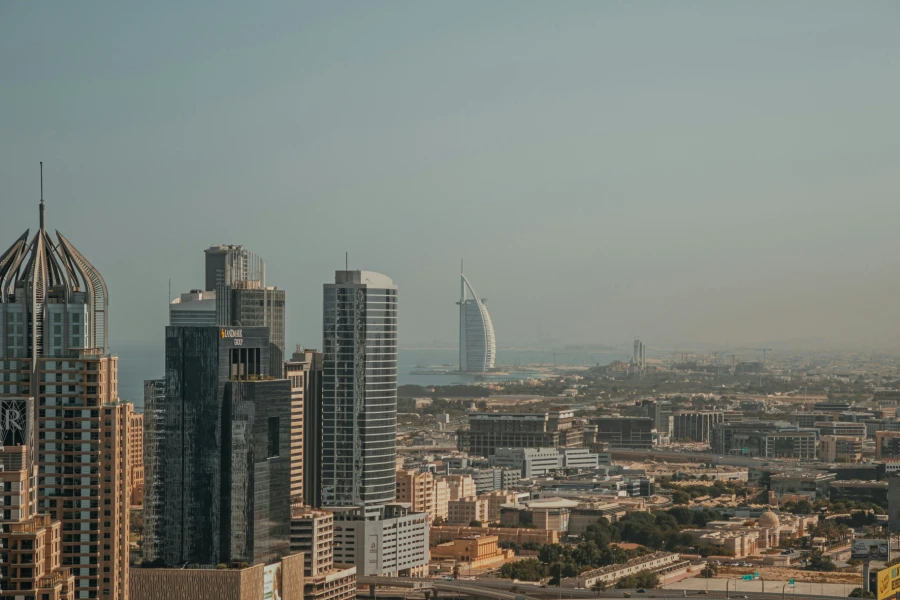
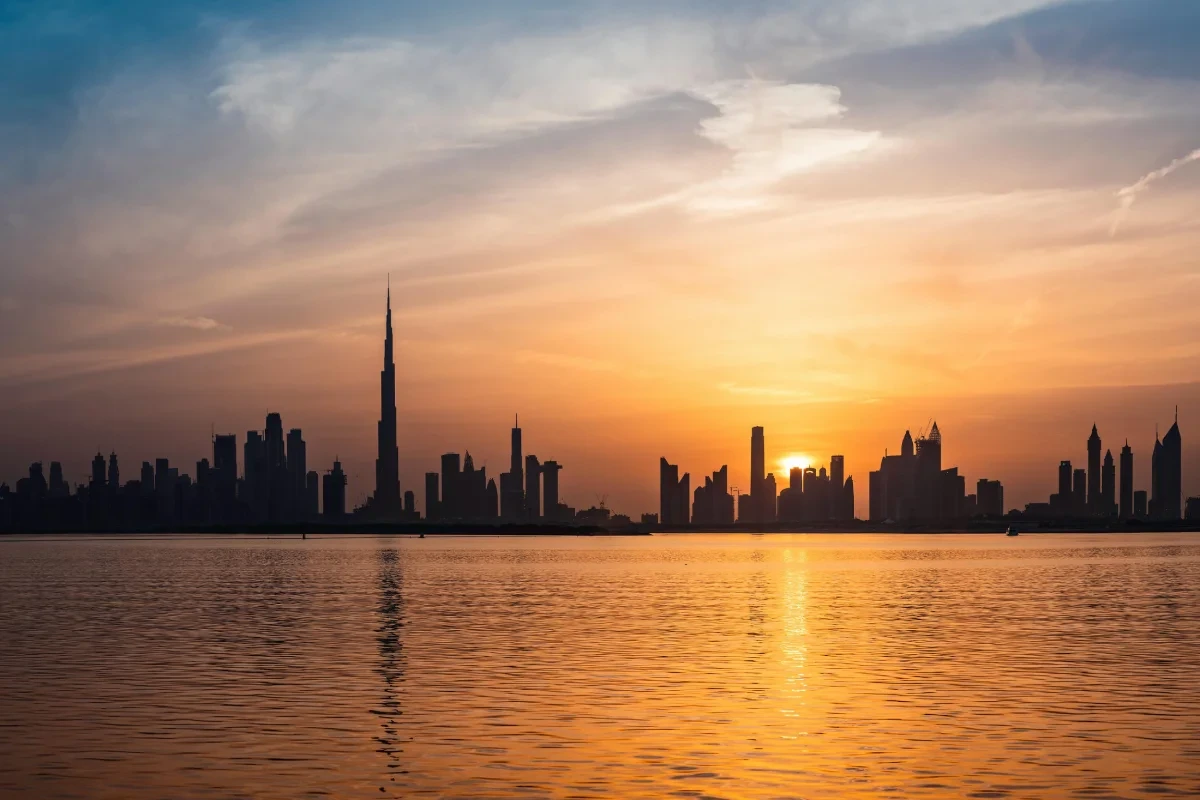

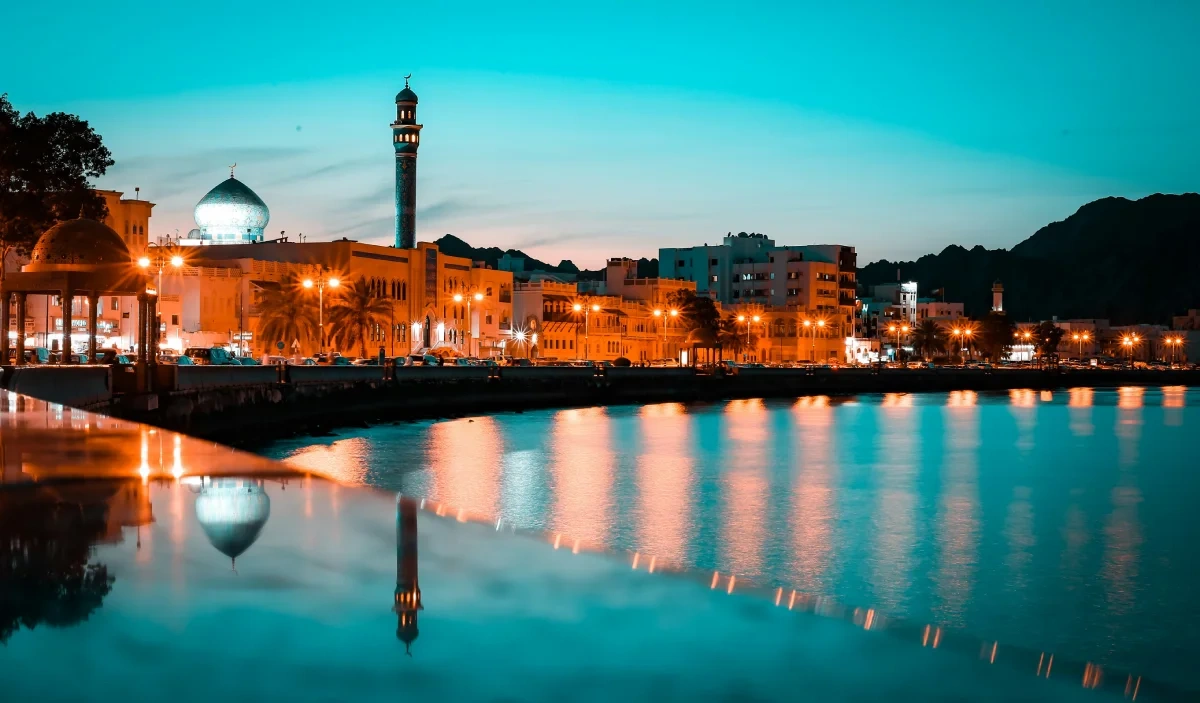
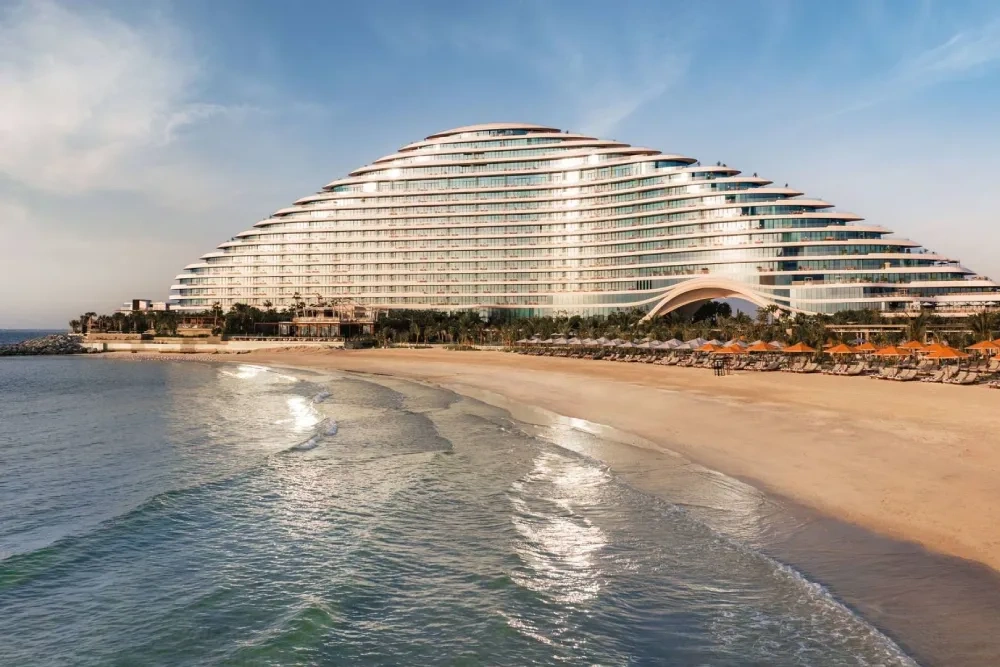
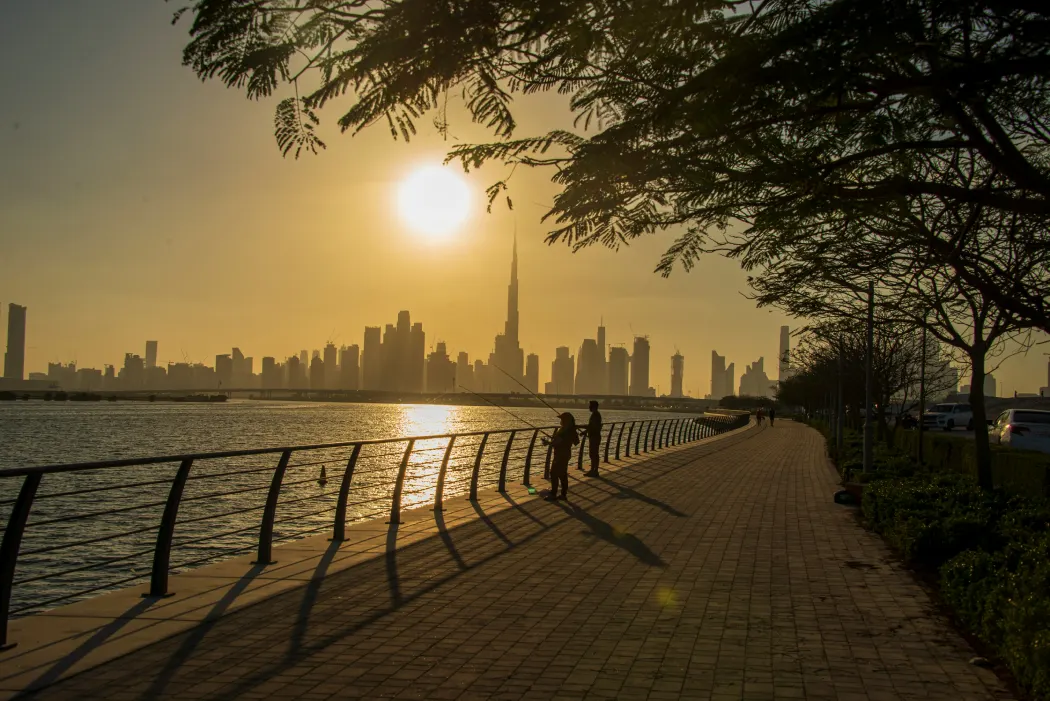



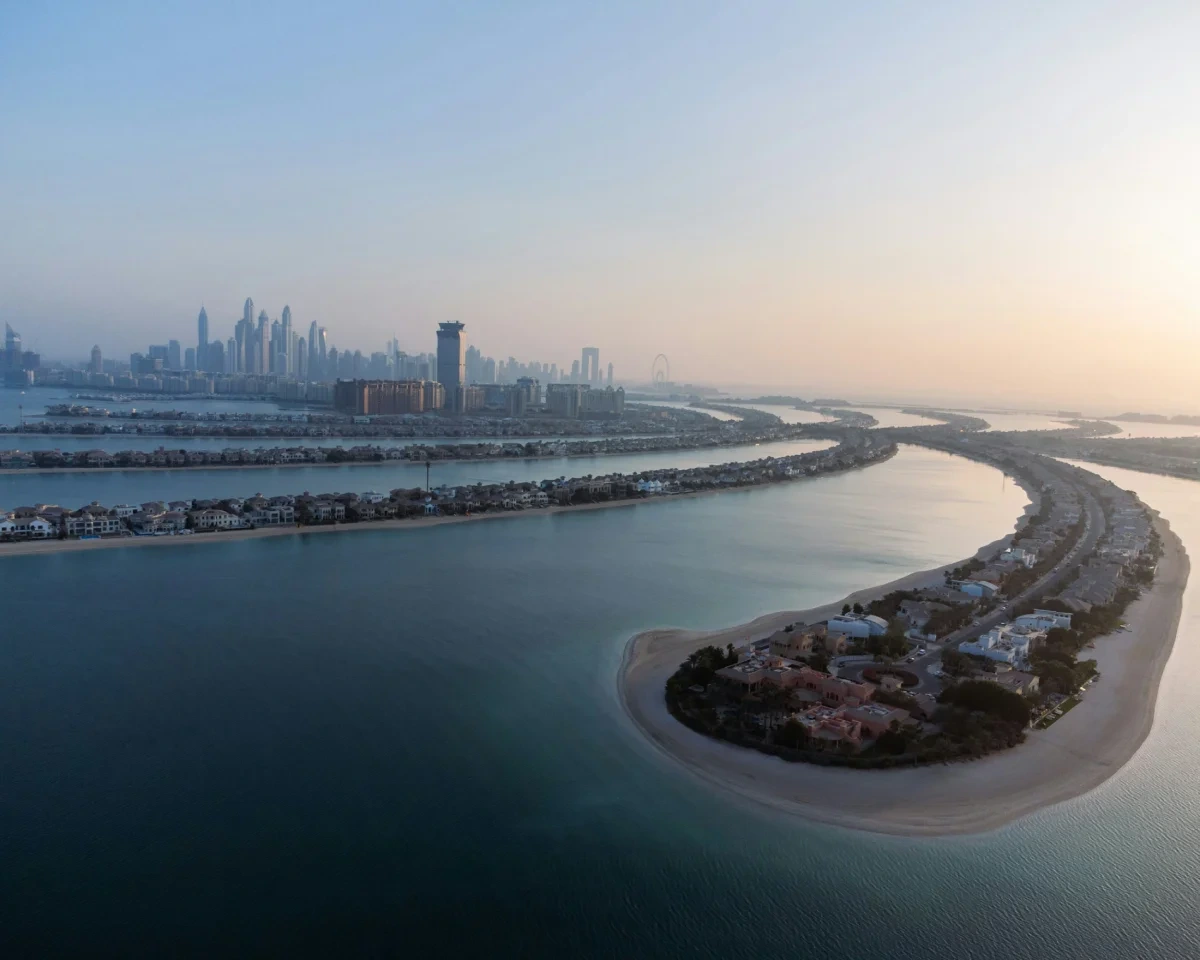
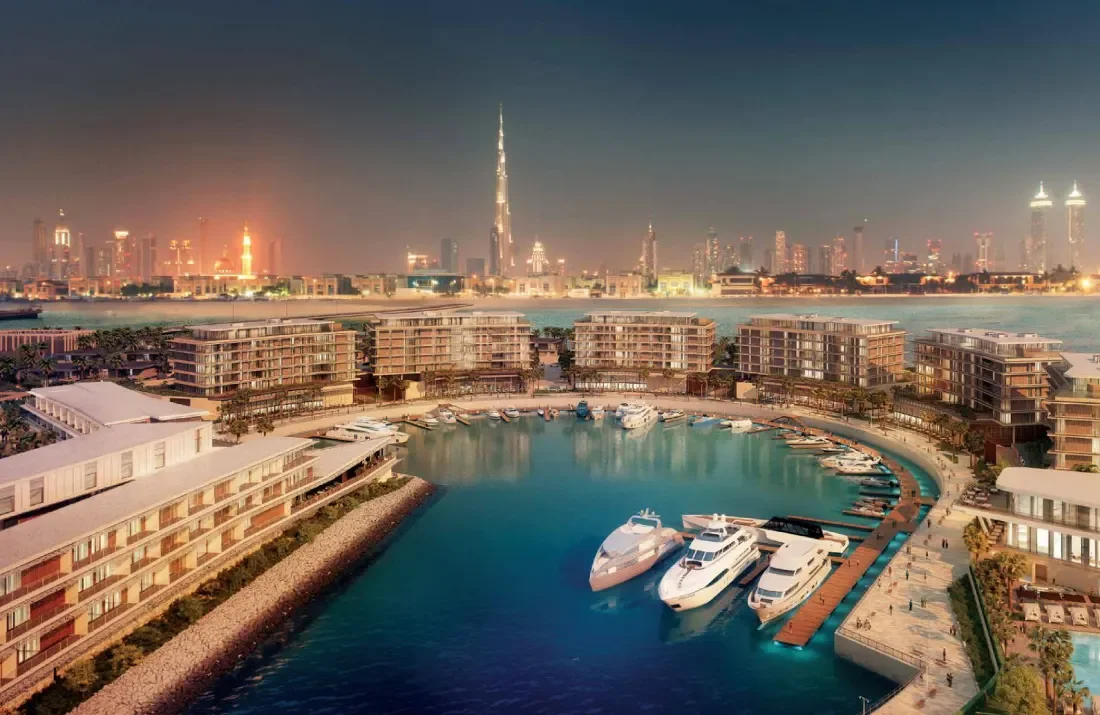
.webp)
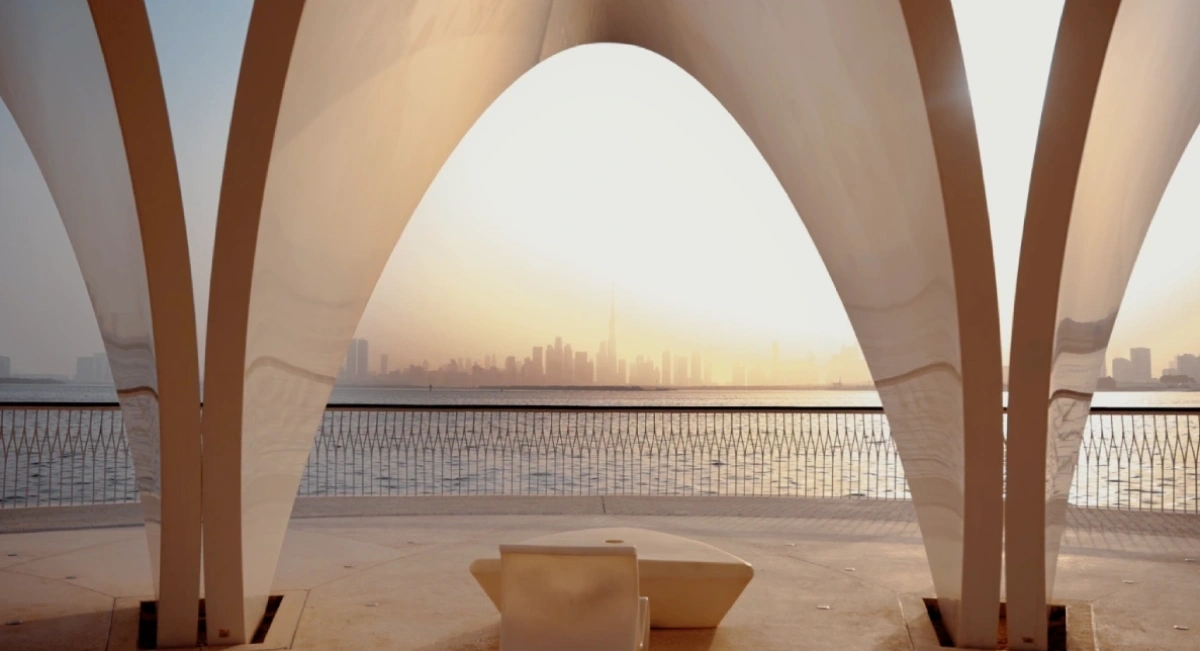
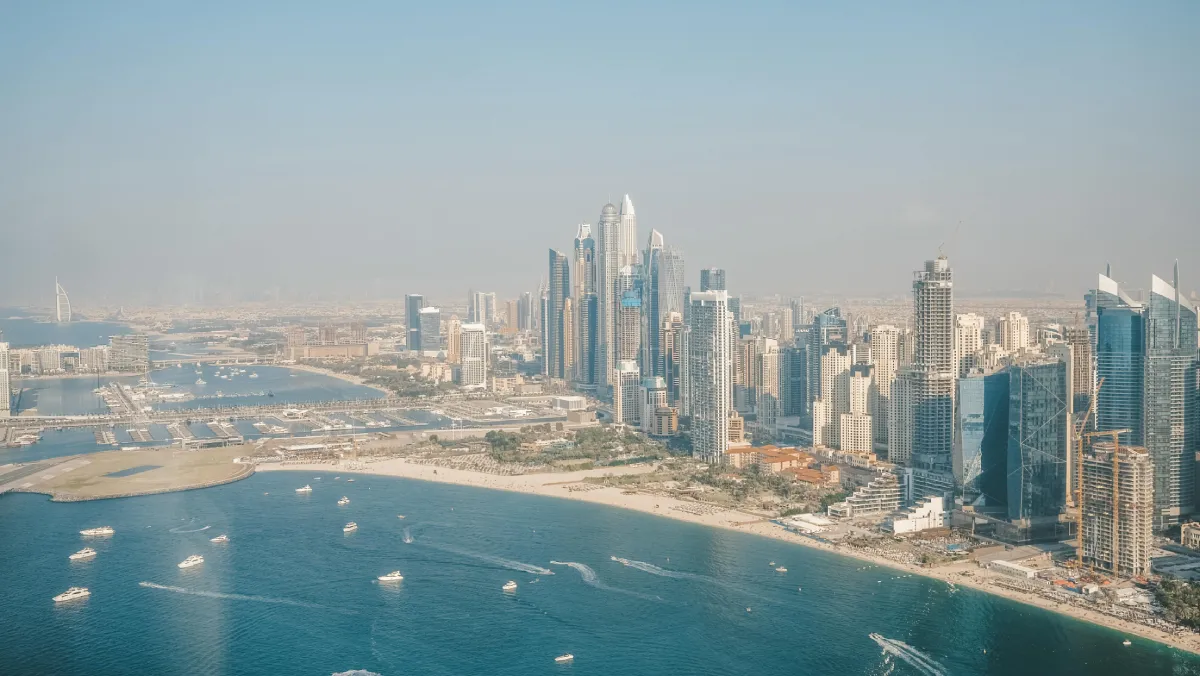
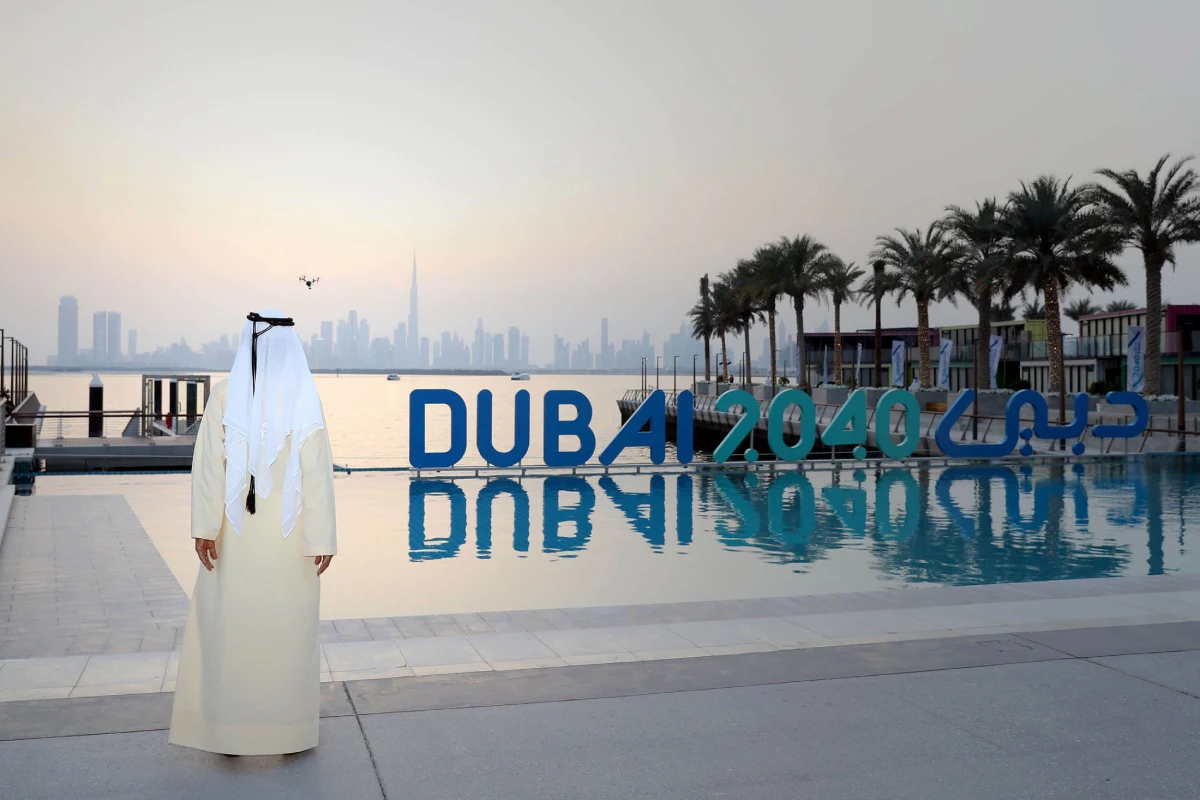
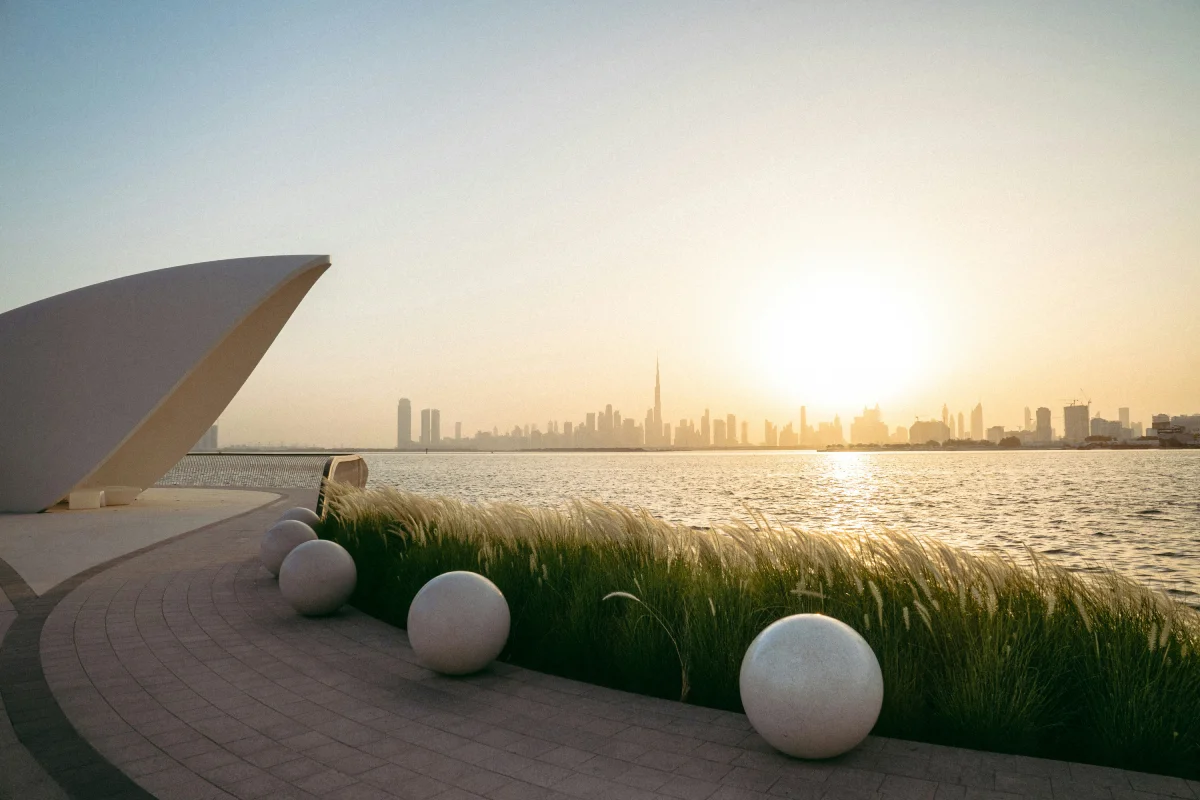


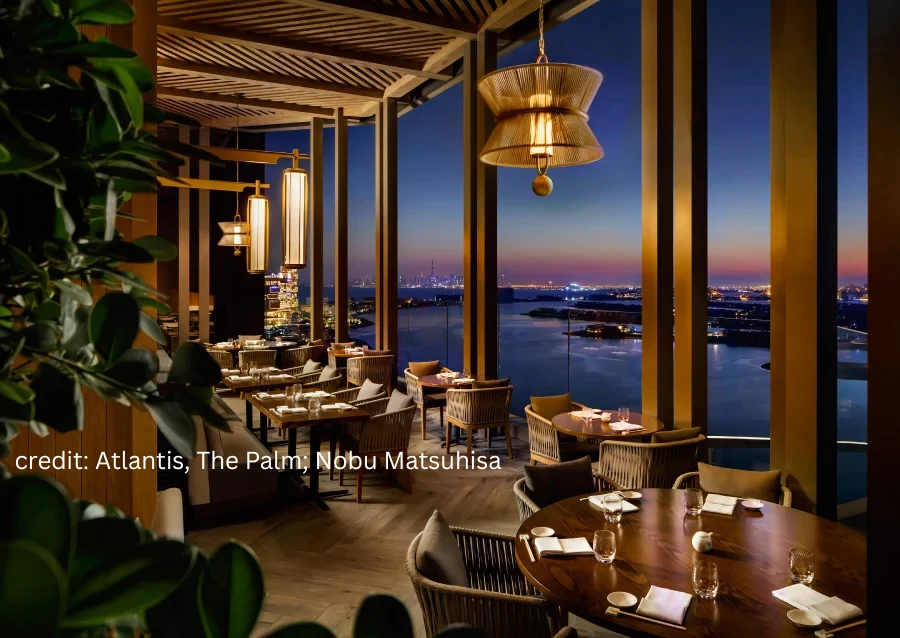
.webp)
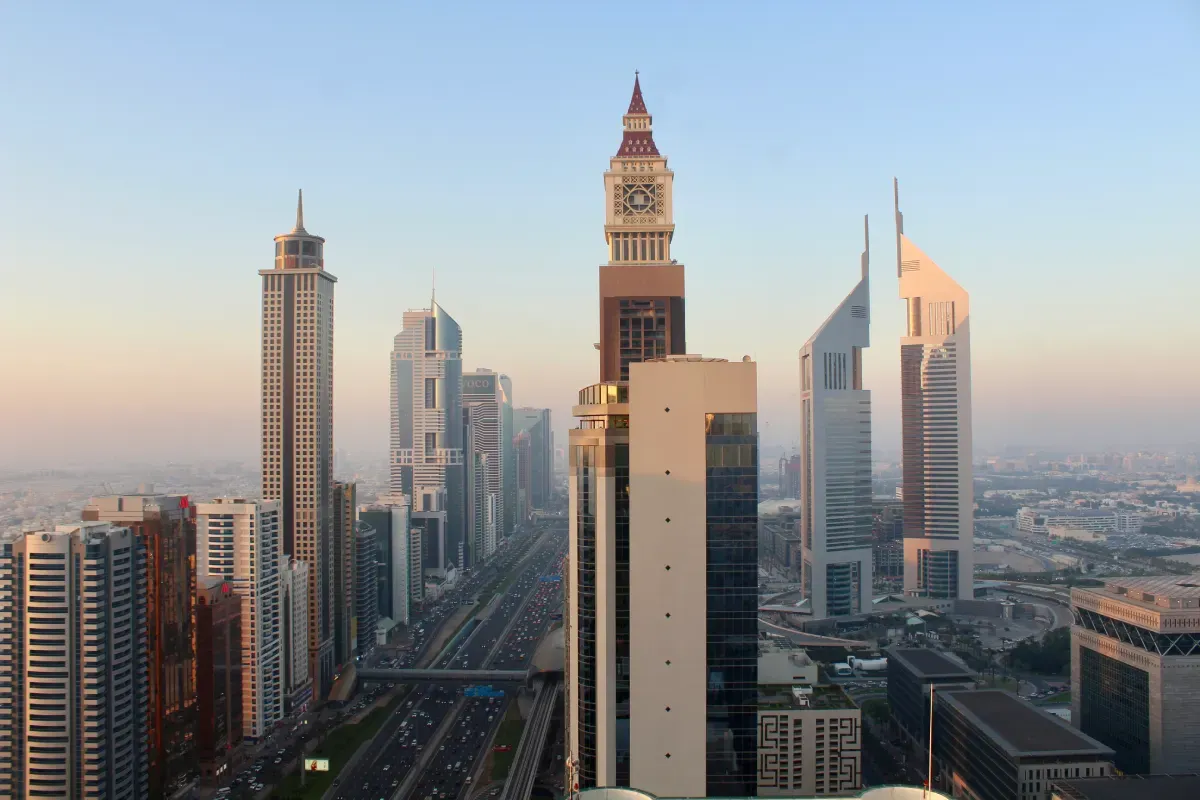
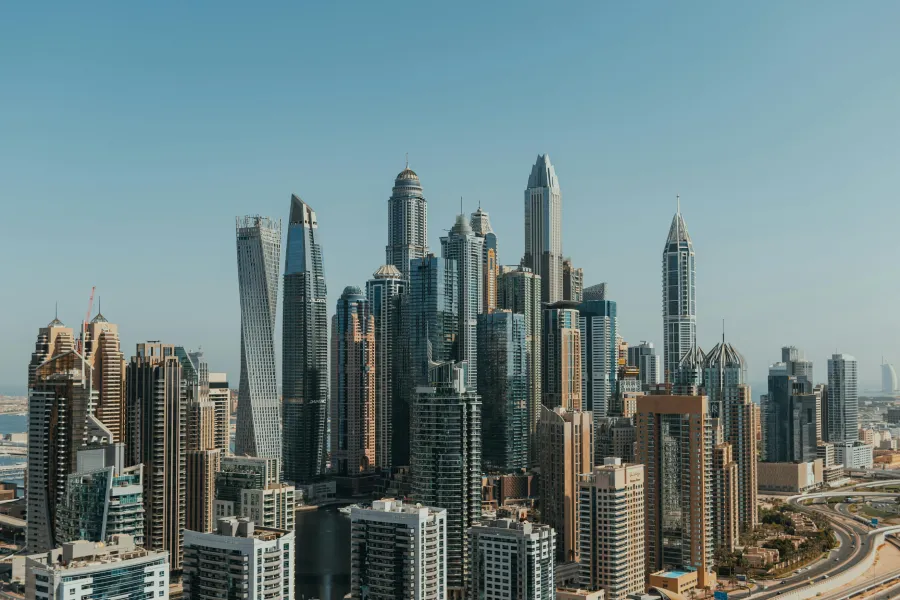

.webp)
.webp)




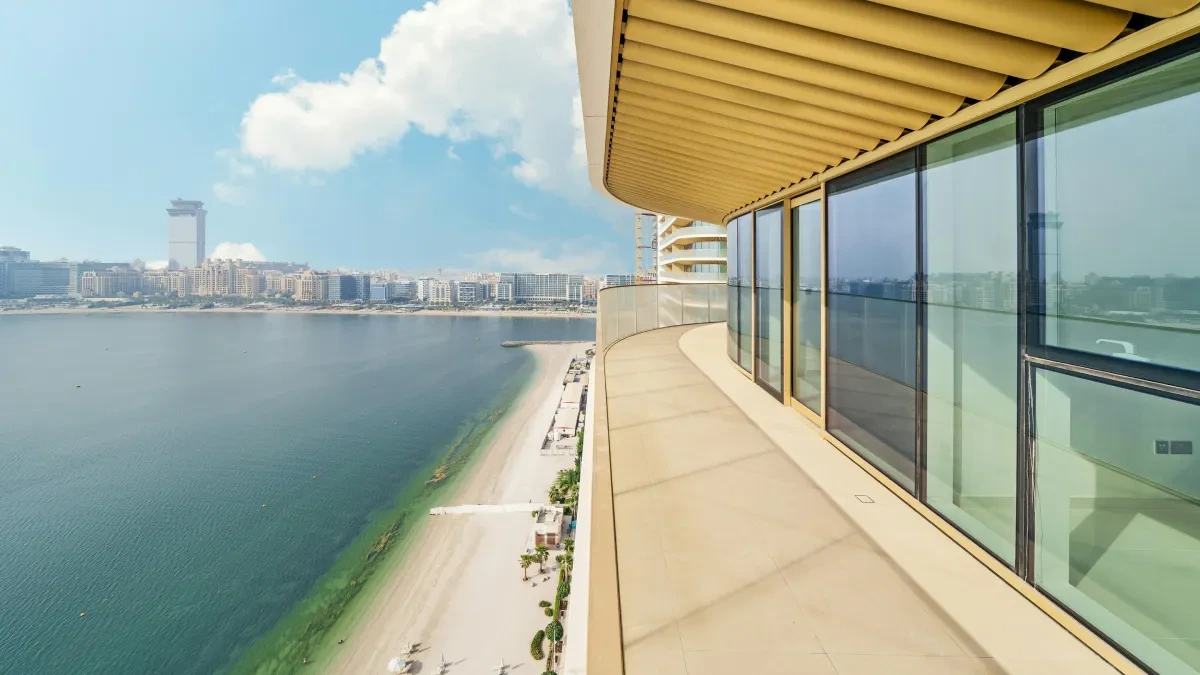


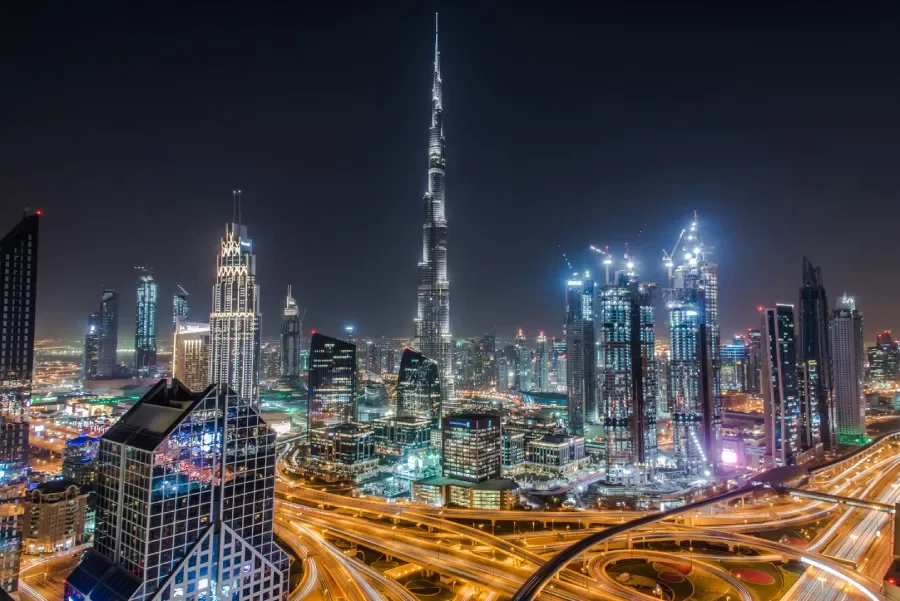
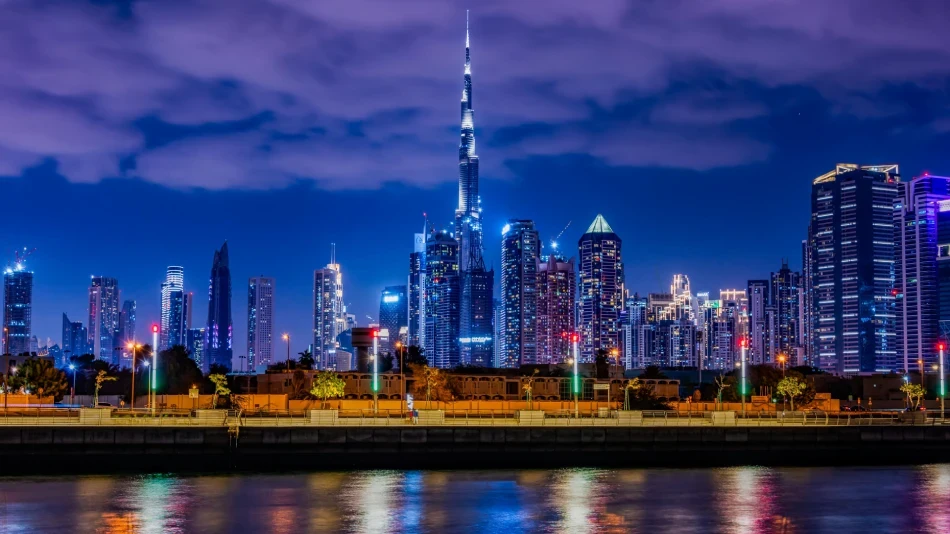
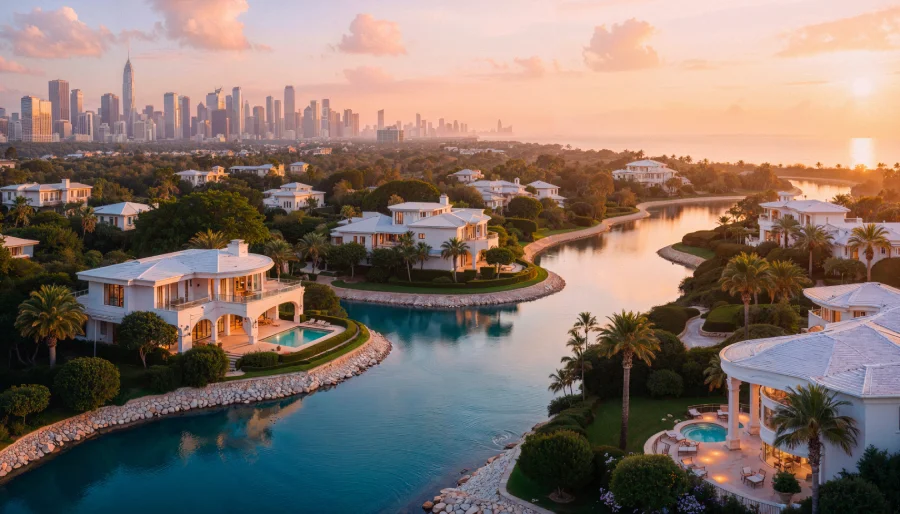
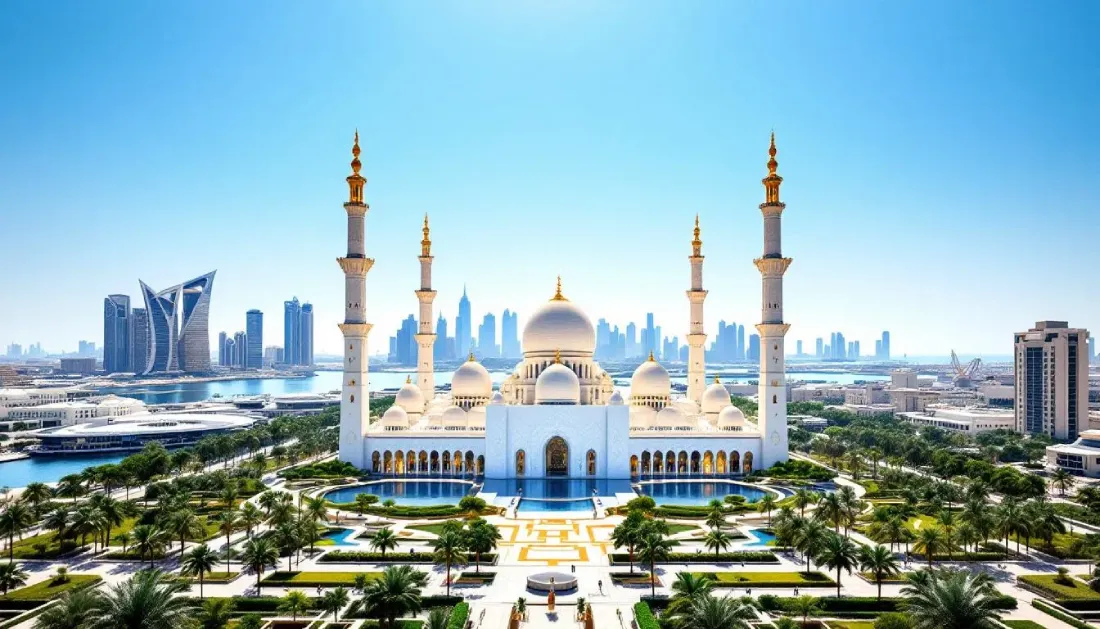
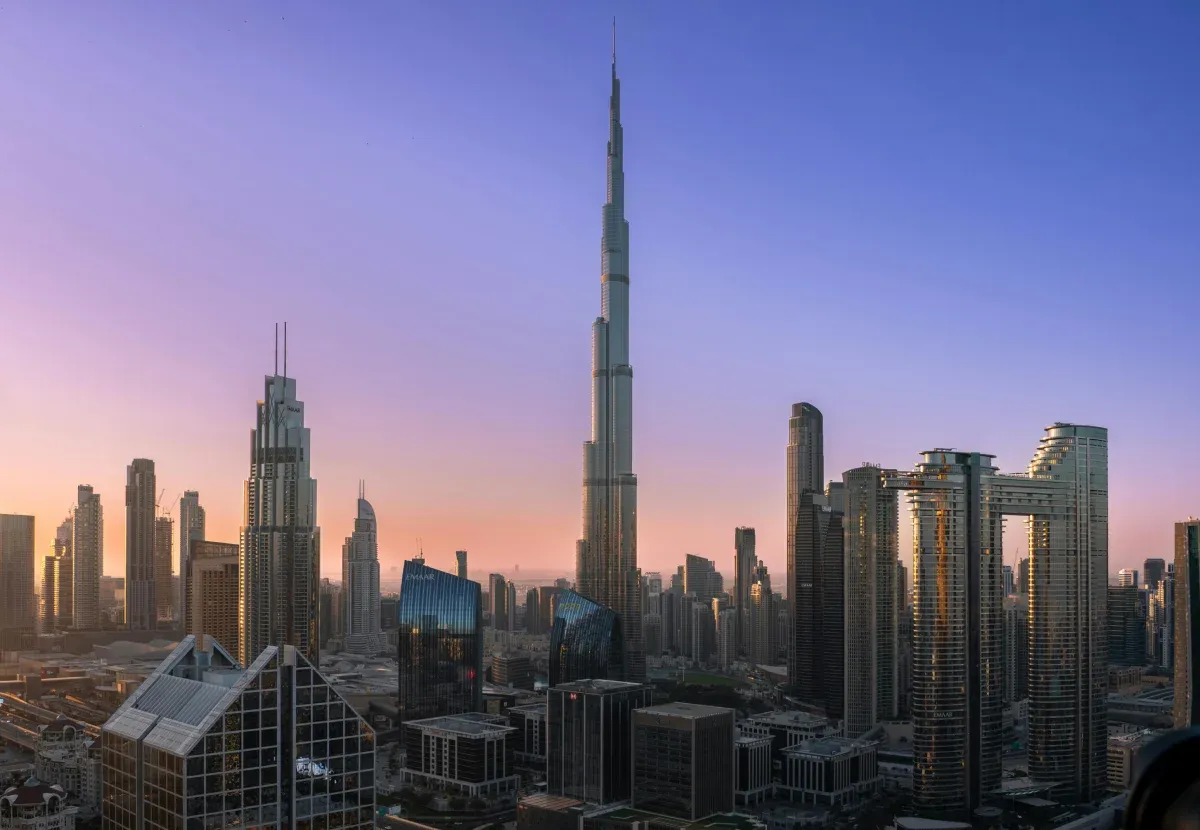
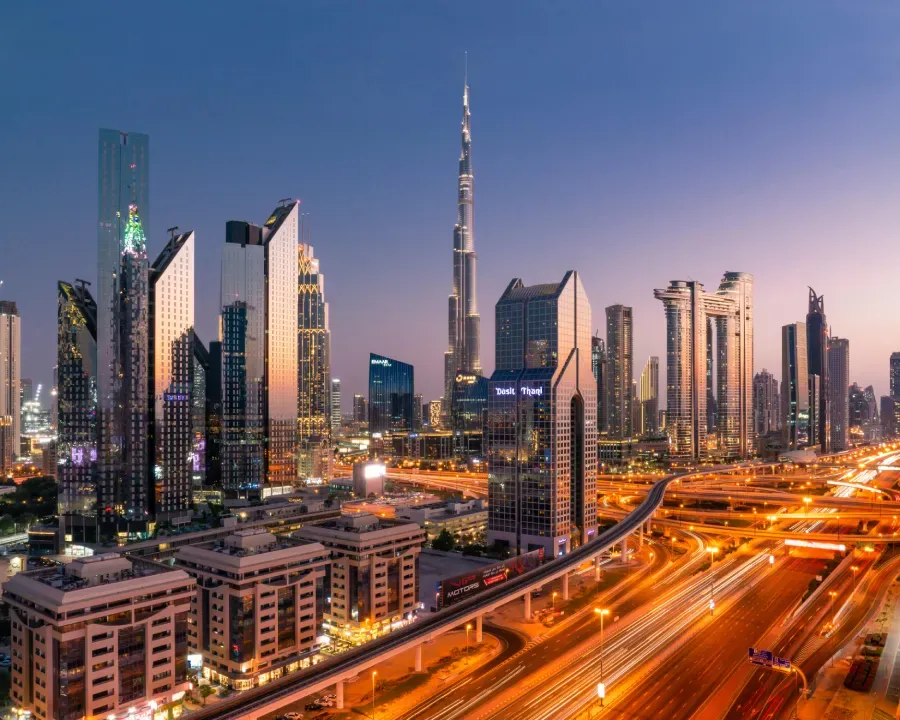
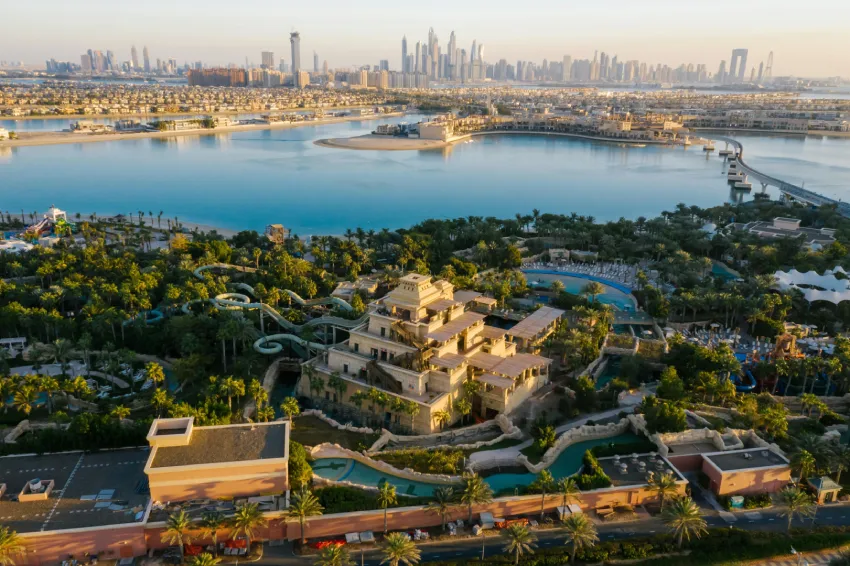
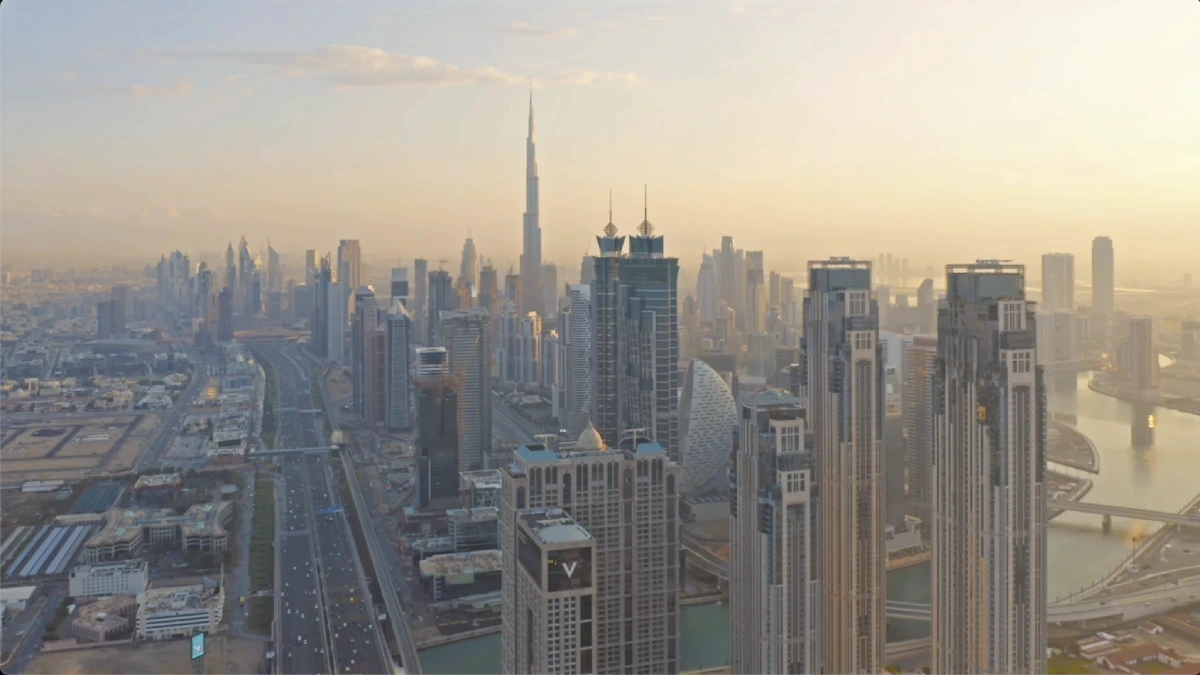
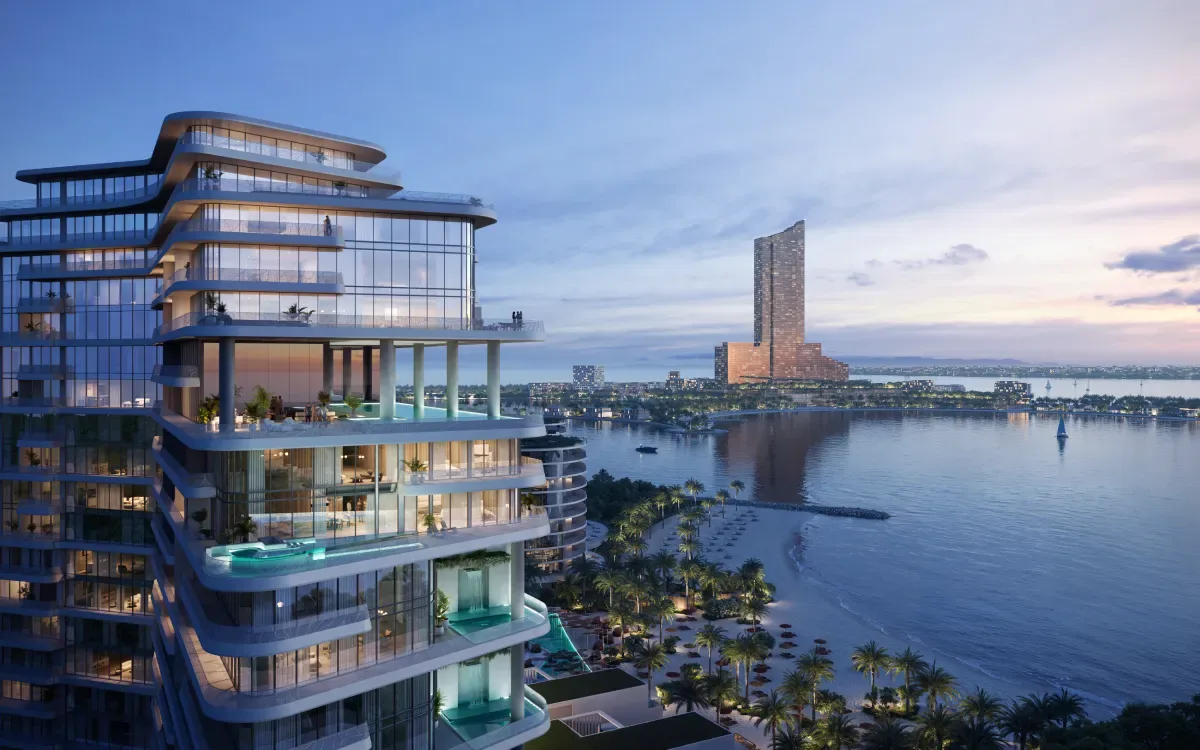
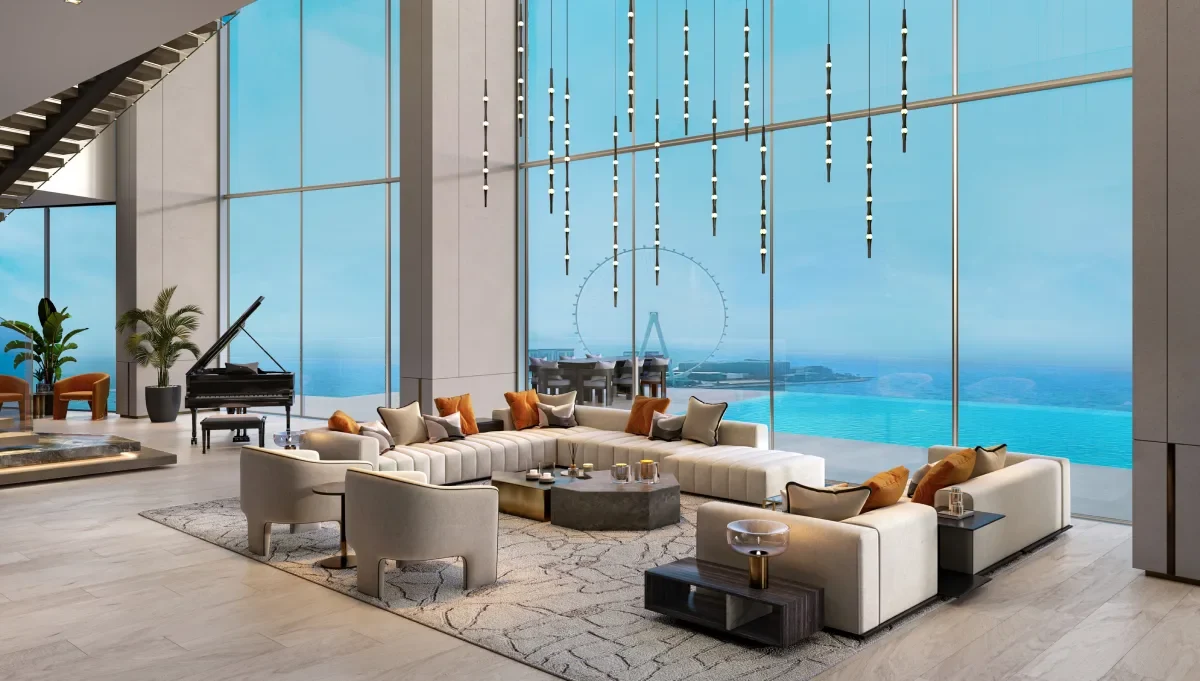

.webp)
.webp)
%20(2).jpg)



